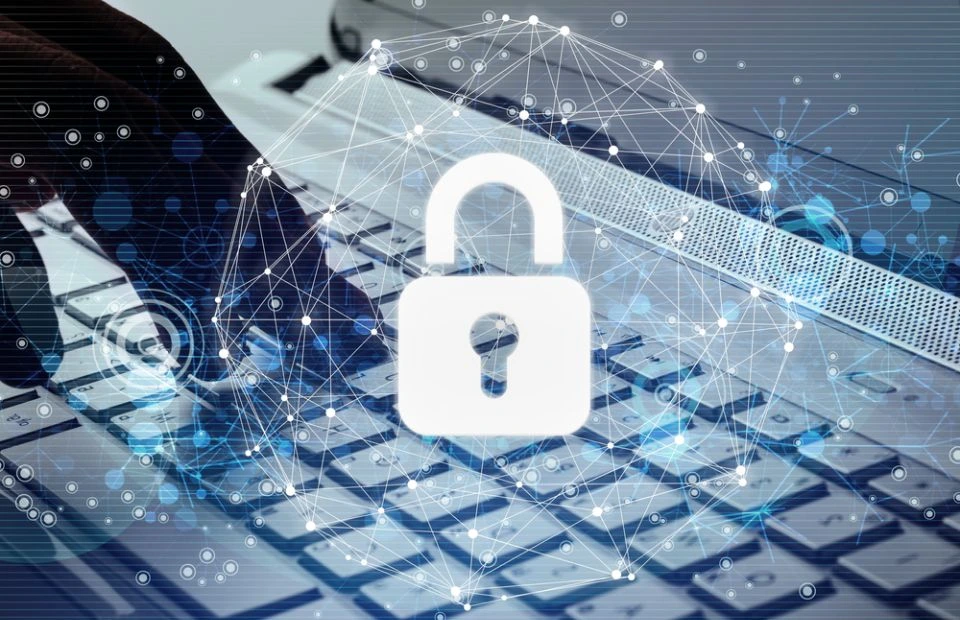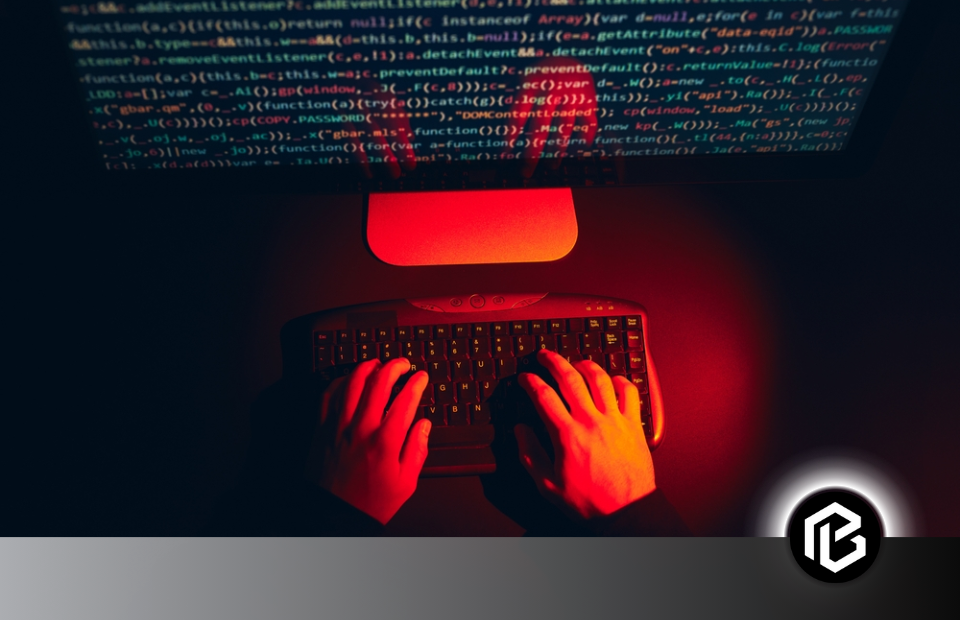Cybercrime Investigator plays an important role in this high-tech world. A cybercrime investigator is responsible for analyzing and investigating cybercrime incidents. In an era influenced by technology and the Internet of Things(IoT), the rise of Cybercrime has become an alarming reality. This crime has been readily rising over the years. This industry is on the rise and earning more profit than ever before. Cybercriminals are becoming more advanced making themselves unapproachable for individuals and businesses. It is crucial to understand the different forms of cybercrime and how they influence you, your business, and your economy.
- What is Cybercrime?
- The Increase of Cyberthreats
- Headlines and Statistics
- Types of Cyber Attacks
- Role of Cybercrime Investigators
- How to Become a Cybercrime Investigator?
- Impact on Individuals and Businesses
- Protection against Cyber Threats
- Future Trends and Projections
- Impact of Technological Advancements
- Cybercrime Evolution
- Conclusion
- Frequently Asked Questions on Cybercrime Investigator
What is Cybercrime?
Cybercrime involves a wide range of criminal activities that are done using digital devices and networks. These crimes encompass the use of technology to commit fraud, capture computer viruses and scams, and identify data breaches. It is expanded to identify several malicious attacks done digitally.
Cyberattacks globally increased by 125% in the year 2021. These statistics suggest that such increasing volumes of cyberattacks will continue to attack businesses and individuals in the upcoming years.
The Increase of Cyberthreats
In 2021, cybercrime was at the top of the headlines. The pandemic of COVID-19 had allowed cybercriminals to experiment with not only cyber but also human defences. They used this time to test the responses and behaviours of people to various threats. With the increased dependence on technology, cybercrime has now become an existential threat to businesses and the economy.

Headlines and Statistics
By the year 2023:
- In a single year, almost 1 billion emails were exposed which has affected 1 in 5 internet users.
- The global average cost of a data breach is calculated to be $4.45 million.
- There is a 15% increase in the data breach cost over three years.
- There was a data breach of $165 cost average per capita.
- The average cost of a ransomware breach was found to be $5.14 million.

- 74% of breaches involved a human element.
- Microsoft reported that the U.S. faced 46% double cyber-attacks than any other country in the world.
- The average ransomware payout has increased dramatically to $1,542,333.
- Forbes reported that the number of ransomware victims doubled from the previous year.
- According to Tech Jury, around 24,000 malicious mobile apps are blocked daily on the internet.
Types of Cyber Attacks
Phishing
Phishing remains the most common type of cyberattack. Attackers use deceptive patterns to trick people into revealing their sensitive information. It involves any suspicious activity such as informing users to change their email password. This aims to steal their credentials. Moreover, nowadays people are misguided through text messages to open various links that aim to steal their personal information.

Ransomware
These attacks involve encryption, and it locks the user’s data, files, or systems making all of them inaccessible until the attacker receives the ransom payment. Simply for instance, it prevents you from accessing your computer. The computer may be locked and data on it might be stolen or deleted.
Role of Cybercrime Investigators
Cybercrime investigators are law enforcement professionals who focus on gathering essential data to locate the source of cybercriminal activity. Then Cybercrime Investigator can locate the source and take appropriate action to recover the stolen data.

Cybercrime investigators or cybersecurity experts may work secretly for a law enforcement agency to investigate the incidents of cybercrimes. Moreover, they are also employed by private sector organizations that need to protect their systems, data, and information from cyber threats. However, Cybercrime investigators work in many environments and a wide variety of cases.
How to Become a Cybercrime Investigator?
To become a cybercrime investigator, you should earn an undergraduate degree in cybersecurity, criminology, or related field. Then earn a relevant and certified certification. Eventually, you should earn a graduate degree with a focus on cybersecurity, information technology, and the relevant field to become a Cybercrime Investigator. Although it is not required, many employers prefer to hire candidates with advanced solutions.
Impact on Individuals and Businesses
Individuals and businesses can have a major impact on cybercrime. Cyberattacks can be:
- Stolen Funds
- Compromised Financial Information
- Disturbed Business Operations
These cyberattacks can result in major financial and economic losses.

Moreover, cyberattacks can also highly affect businesses and destroy infrastructure. This can include the loss of essential assets of the organization such as loss of precious data, disruption of services and damage to other physical assets in the organization. Cyberattacks affect the vulnerable sectors of businesses.
Individuals and businesses should be aware of cyberattacks and ensure their proper security. It can be done by implementing strong security protocols, updating their software to avoid any type of data breaches or ransomware attacks, and conducting workshops to educate their employees about safety practices. They should stay updated and take safety measures to protect their precious assets and sensitive information.
Protection against Cyber Threats
Let’s discuss some points on protection against cyber threats.
Efforts in Combating Crime
People who enforce the law like police and other institutes are crucial in catching and punishing online criminals. Countries need to work together because cyber threats can come from anywhere. New technologies, like high-tech tools to protect against cyber attacks, also help a lot.

Practices for Individuals and Business
If you use the internet, you need to be smart about it. Make sure your computer programs and systems are up-to-date. Use strong passwords and extra security steps. Learn how to spot tricks like fake emails that try to fool you (called phishing). Businesses should make rules to protect information, have plans for when things go wrong, and check for problems often.
Role of Government and Policies in Raising Awareness
Governments make rules to keep everyone safe online. Laws that make sure your information is safe and punish people who break the rules are important. Governments also need to tell people and businesses about the dangers online. They can do this through ads, teaching programs, and working with companies to keep things safe.
Future Trends and Projections
Cybercrime is evolving faster with time, and cybercrime underground has become an organized ecosystem. Ransomware attacks increased rapidly to cover about 1460 to 2860 victims. To effectively act upon these threats, cyber professionals need to be updated on the latest trends in cybercrime. They need to be more sophisticated to catch up with the attackers and get ahead of them.

Impact of Technological Advancements
The most impactful transformation in cybersecurity over the past 200 years is the use of cloud computing and associated technologies. As the demand for remote work is increasing, the cloud servers make this task easy for people who work remotely. Businesses can now store data in their remote servers, and they can easily access their data from anywhere making it easier to collaborate and work remotely. However, with this advancement, the need for security and secure data control has increased.
Cybercrime Evolution
With the advancements in technology, the solution to cloud-based security problems has also been introduced. These include end-point protection, Identity and Access Management (IAM), and Data Encryption. These played pivotal roles in securing cloud-based systems. These systems leverage AI and machine learning solutions to first identify cyber threats in real-time. And then after locating the loopholes, they can effectively protect the data from sophisticated cyber-attacks by the attackers. As a result, they ensure that highly secure systems are free from malicious attacks.
Moreover, cyber security investigators are now making security-embedded systems that are hard to crack and attack and they ensure high reliability and security.
Conclusion
Technology has not only transformed how cybersecurity impacts individuals and businesses, but it also enhanced its influence on the workforce. The professionals have also seen a surge in demand for security professionals to have strong communication skills. In this way, they could be able to fill the gap between technical teams and business leaders.
If we try to predict insights into cybersecurity for the next 20 years, this sector will continue to rise rapidly. With emerging technologies such as artificial intelligence, cloud computing, 5G, Edge Data Centers, Quantum Computing, and Updated Software Services, the need for security will continue to grow. And for that, we need to hire highly skilled Cybercrime Investigators to address them.
Cybercrime Investigators will acquire a strong understanding of emerging technologies, advanced business needs, risk management, and mitigation plans. Creating new opportunities will create a difference for skilled professionals in the fight against cybercrime.
Frequently Asked Questions on Cybercrime Investigator
What are the primary responsibilities of a cybercrime investigator?
The primary responsibilities of a cybercrime investigator include conducting forensic analysis of digital evidence, tracking and identifying cybercriminals, collaborating with law enforcement agencies and cybersecurity experts, gathering intelligence on cyber threats, and providing expert testimony in legal proceedings.
How does a cybercrime investigator collect digital evidence?
A cybercrime investigator collects digital evidence through various methods, such as forensic imaging of computer systems and storage devices, network traffic analysis, data recovery techniques, metadata analysis, and surveillance of online communications.
What tools and techniques are used by cybercrime investigators?
Cybercrime investigators use a variety of tools and techniques, including digital forensics software, network monitoring tools, intrusion detection systems, malware analysis tools, encryption and decryption software, and advanced data analytics platforms to investigate cyber incidents and identify perpetrators.
How does a cybercrime investigator collaborate with other stakeholders?
A cybercrime investigator collaborates with various stakeholders, including law enforcement agencies, government agencies, cybersecurity professionals, legal counsel, corporate security teams, and external partners, to share information, coordinate investigations, and prosecute cybercriminals.
What are the ethical considerations in cybercrime investigations?
Ethical considerations in cybercrime investigations include respecting individuals' privacy rights, preserving the integrity of digital evidence, adhering to legal and regulatory requirements, maintaining confidentiality, and ensuring transparency and accountability in investigative practices.





